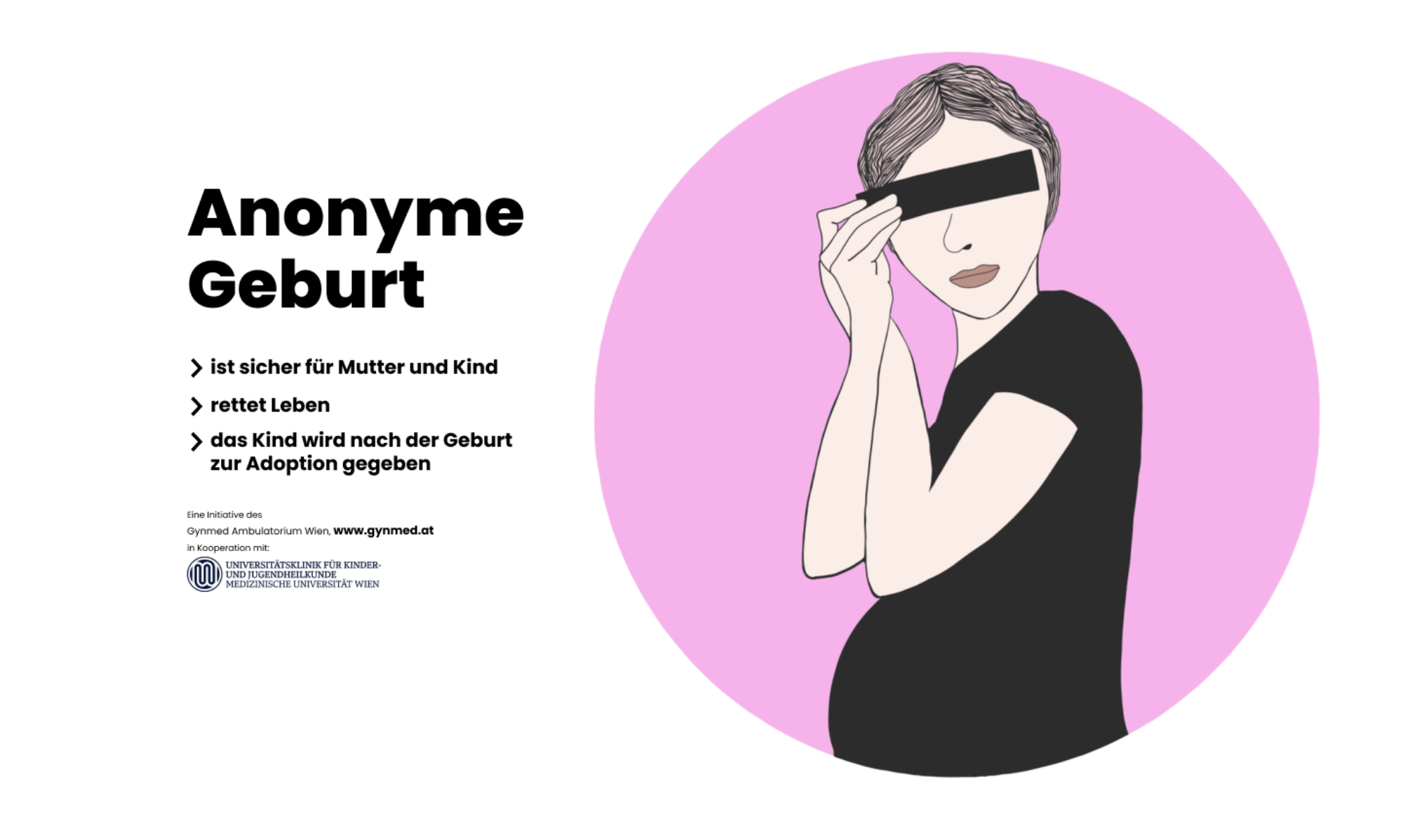Consequences of unwanted childbirth
Abstract des Vortrages von Catherine Bonnet auf dem FIAPAC Kongress in Berlin, Oktober 2008
Consequences of unwanted childbirth:
Outcomes for women and unwanted children
Catherine Bonnet (France)
bonnec7@hotmail.com
Unwanted childbirth is still a reality in developed countries on 2008. For centuries unwanted childbirths were part of any family life until the end of the XIX century when society began to manage the beginning of the contraception. On the second part of the XX century it was possible to say “a baby if I wish and when I wish”. In spite of legalized abortions, they are still women who discover from the second trimester until the birth pregnancy unplanned, babies unwished.
Clinical consequences of unwanted childbirth. Every birth is a personal history case but it may be interesting to describe several types of cases:
- The baby is well welcome, the healthcare are surprised.
- The baby is given up for adoption with a clear wish and without any external pressures
- The mother is unable to make a decision whether to keep or to give up the baby as the results of personal difficulties, the healthcare professionals are in distress.
- The mother would like to make a decision which is opposite to her family, partner.
- The mother expresses negative thoughts towards the baby and would like to keep it.
- The mother expresses a decision but is unable to make it because she is overwhelmed by external pressures: society, religion, politic.
- The mother has given up her newborn baby but changes her mind few hours later.
- The mother refuses to give her identity but the anonymous delivery does not still exist in the law.
- The baby has been killed or abandoned on a public place, the mother is brought to the maternity to deliver the placenta.
- How to reduce the negative outcomes for both children and women?
- To detect denied, hidden, neglected pregnancies
- To offer a multidisciplinary support (social, psychological, juridical) as soon as they book their first appointment.
- To help women/adolescent to speak out the future of the newborn even if they unwanted to keep the baby.
- To support their decision-making and protect women/adolescent from external pressures.
- To plan a place where they will get a good welcome while they will deliver.
- To speak about the choice of anonymous birth if this is possible in the country.
- To train healthcare professionals and especially midwifes and nurses.

